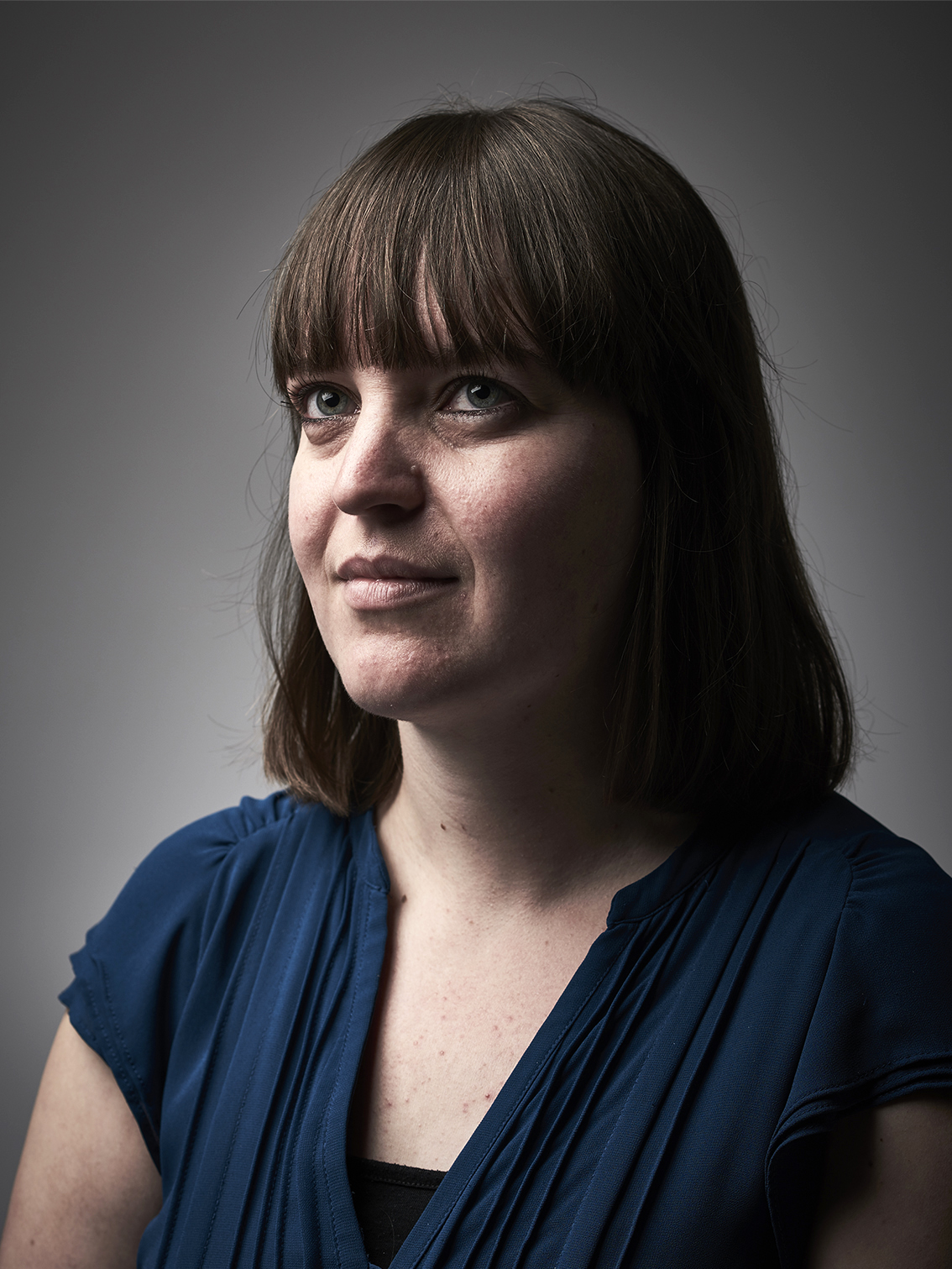How to declutter books: 10 tips for streamlining a growing book collection
Learn how to declutter books by ditching what you don't need, and falling back in love with your favourites.


Emily Smith
Decluttering your book collection might not be something you ever thought you’d have to do. However, if you’re a sentimental reader or are forever adding to your ‘to be read’ pile, then the chances are your home is bursting with books. And dare we say too many books?
When it comes to organising your home, getting rid of your books is no doubt one of the harder decluttering steps you’ll have to take. Whether or not you find yourself emotionally attached to your novels, there’s something about departing with a book that feels poignant and even wrong.
However, as is true with organising a small wardrobe with lots of clothes, items that aren’t being used or loved to their full potential shouldn’t be hoarded even if they meant something at one point or could in the future. Decluttering, even your oldest books, can help you refresh your space both mentally and physically which is always a good thing.
How to declutter books: 10 expert tips
If you’re an avid reader and still aren’t quite sold on getting rid of your beloved books, just think, decluttering your read or unwanted literature means space for discovering new stories and knowledge. It’s a win-win.
To find out how you should best approach your book decluttering mission, we spoke to several home organisation experts. Here are their top tips for a tidy bookshelf.
1. Set a date
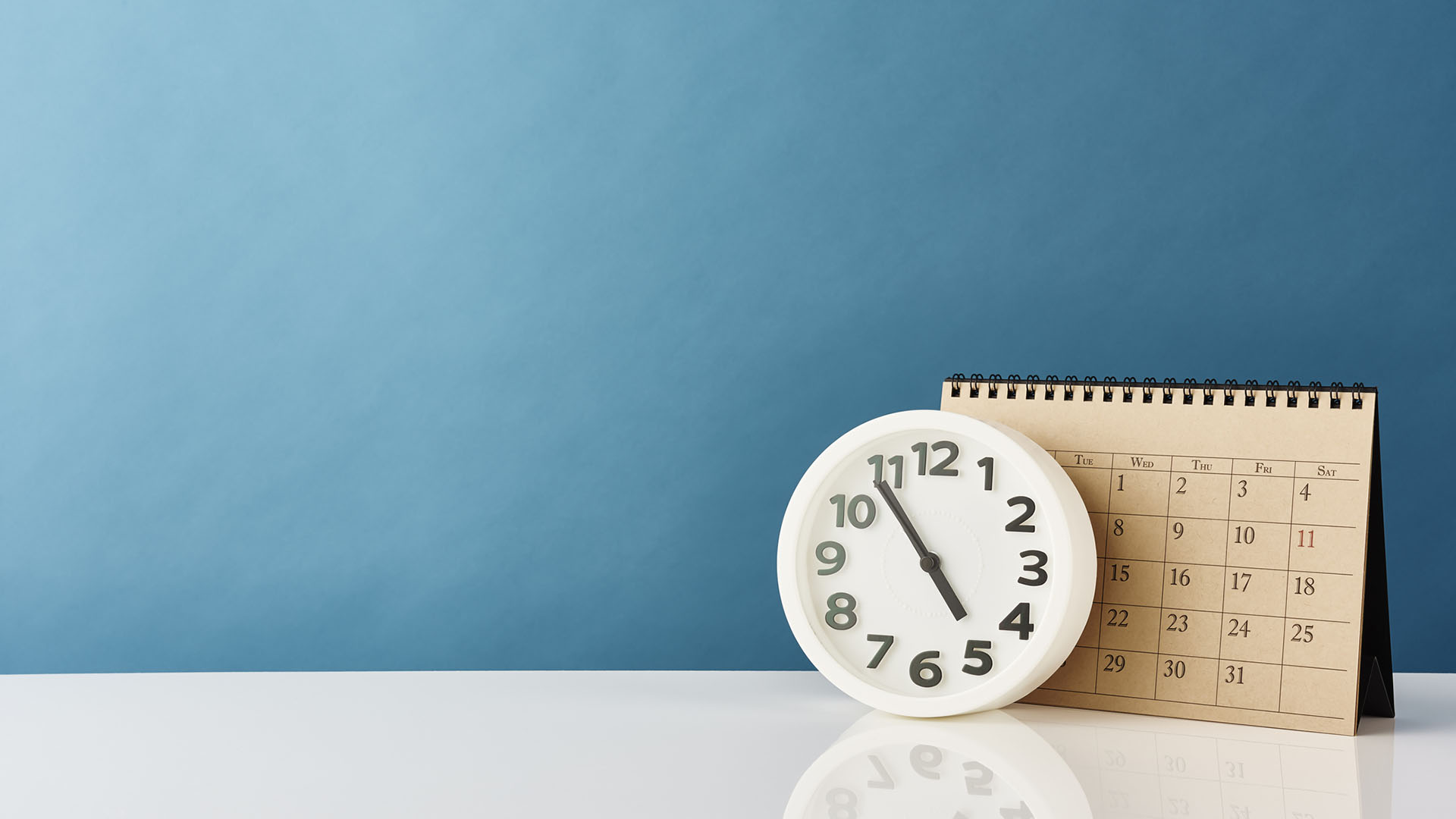
Similar to decluttering your bathroom, sorting out your books properly is going to take some time. "If you’re serious about decluttering your books, then make a date with yourself to get it done," says Heidi Phillips of The Organised Home and Mind, who suggests writing a date in your diary and sticking to it.
How long will it take? That depends on the scale of the collection, but Belinda Knocks from The Spark Joy Collective suggests committing a whole day to the process.
Sign up to our free daily email for the latest royal and entertainment news, interesting opinion, expert advice on styling and beauty trends, and no-nonsense guides to the health and wellness questions you want answered.
2. Gather your collection
If your books are scattered around the home, try and gather them together before you start decluttering, says Marie Bateson, APDO's volunteer director and founder of Cut the Clutter. If that’s not possible, "do them by room, but do the entire book collection over one day," advises Belinda.
You’ll need to take the books off the shelves and out of storage to make any real progress though, says Mimi Bogelund of The Spark Joy Collective. "Books can become invisible to you and it’s impossible to declutter properly by reading the spines."
Once you’ve got them on a table or the floor, you’ll see them in a different light, Mimi adds, and the effort of taking them off the shelves will be worth it. Empty storage also gives you a chance to clean and get rid of the dust on both the shelves and the books, which can easily build up.
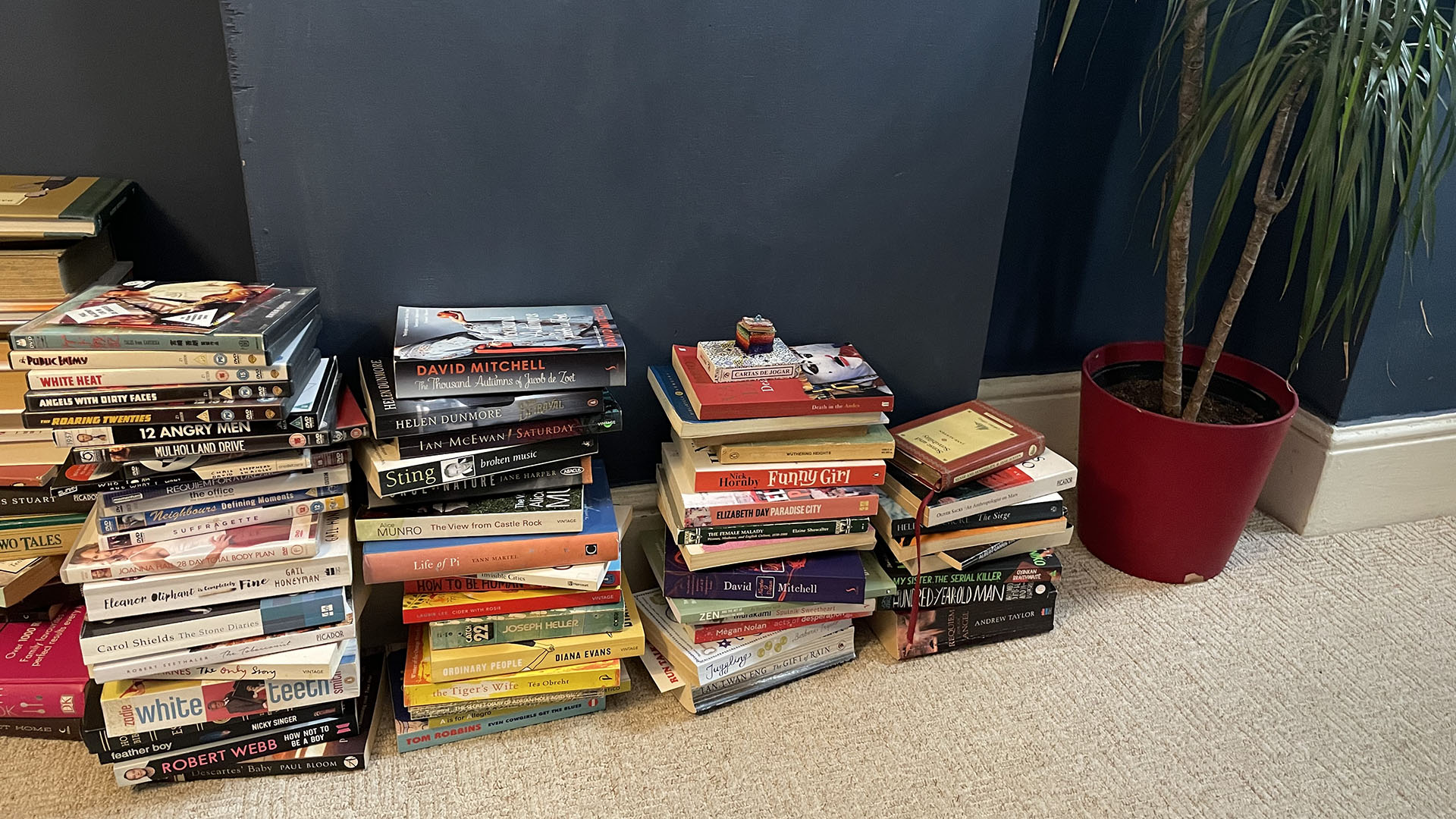
3. Start with the easy wins
Faced with a big pile of books, you might not know where to start, but the key is to think practically about your collection, and not get bogged down by emotion, says Gillian Gudgeon, APDO member and founder of Restore The Calm.
“Categorise objectively – books that you didn‘t particularly enjoy, books you have never finished, and books you are never going to read are easy ‘wins’ that can leave the home.”
Belinda suggests starting the opposite way, not with the books you want to get rid of, but with the ones you want to keep. “Go through the books one by one and decide which ones you love and want to keep. Discard the rest,” she says. “If you take all the books off a cluttered bookshelf and only put back the ones that you love, you’ll find that your bookshelf will no longer be cluttered.”
4. Review books in categories
Just like when decluttering a garage, dividing your items into categories is useful at this point in the process. "Assemble categories such as novels, how-to books, reference books, books about specific topics, business books, and so on," says Marcia Sloman of Under Control Organizing.
Then, "look at each book and decide what its purpose is", says decluttering, organizing, and cleaning expert Nicki Rodriguez of Essex House Dolly.
“If it’s an academic book or travel book that you’re keeping for reference, ask yourself whether the information it contains is something you’d use - or would you turn to the internet?” advises home organization and KonMari consultant Sue Spencer. With cookbooks, if you’re keeping them just to use one particular recipe, you should let them go, says Mimi.
When it comes to fiction books, you may need to be brutal: “Does the rom-com you picked up at the airport last minute that was an 'okay' read deserve to be on your shelf forever amongst your actual favourites?” asks a professional organizer Vicky Silverthorne.
Just don’t be tempted to start leafing through the books during your declutter, because, as Hester van Hien of The Spark Joy Collective puts it, “you’re bound to read something interesting... and then you’ll never be able to let go of anything”.
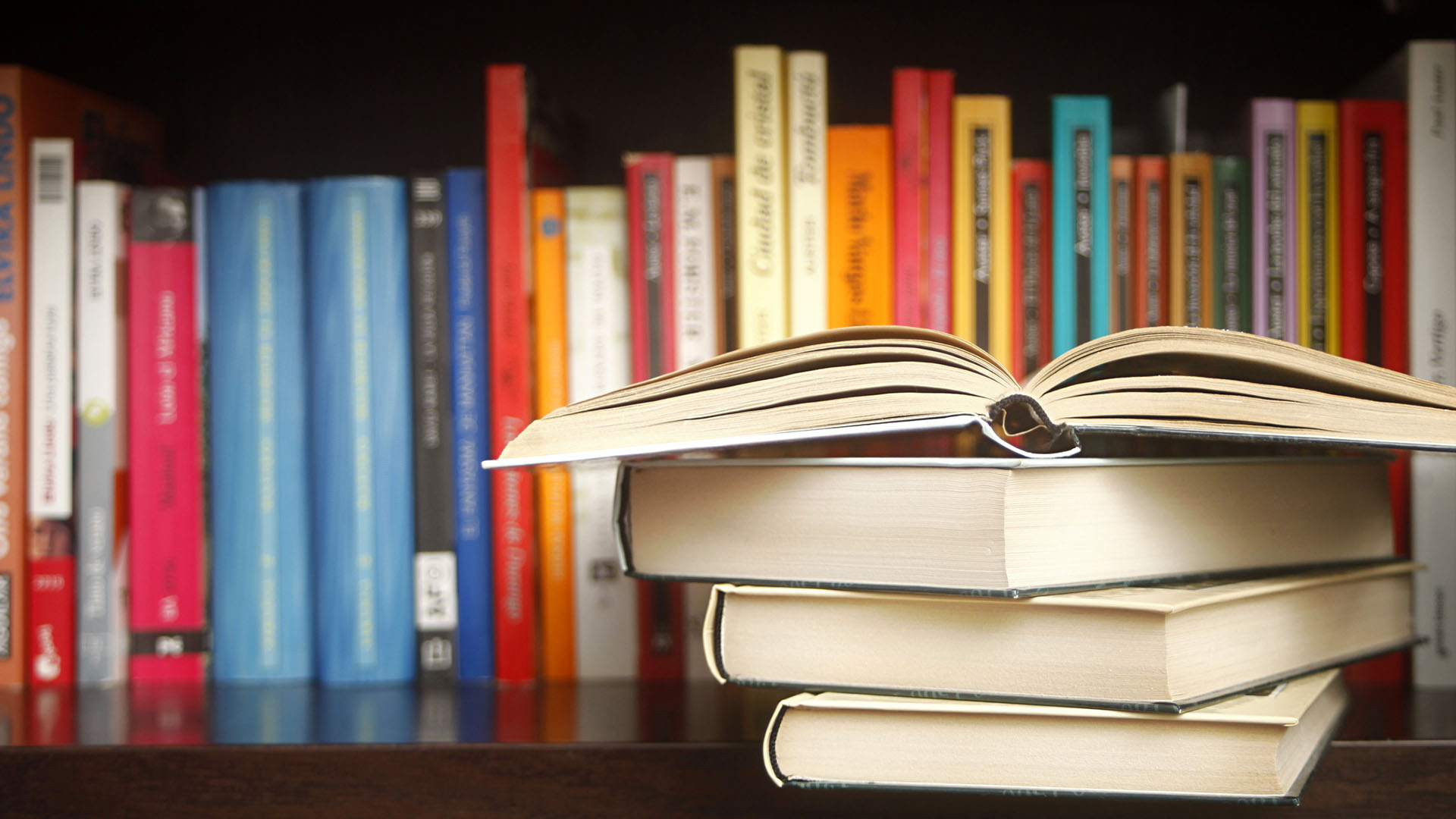
5. Ask yourself some questions
If you’re struggling to decide which books you want to keep or get rid of or find yourself putting most books in the 'keep' pile, it’s probably time to start asking yourself a few questions.
Lisa Skinner, co-owner of Order In The House has some ideas to get you started: “Do I need the book? When was the last time I picked the book up? Could I borrow the same title from a friend or access it in a library? Is the book of any value now or in the future e.g. a first edition? Would anyone I know benefit from having this book?”
"If you get as far as 'just because' as a reason to keep a book, finish that sentence," says Hester. "Just because what? Once you’ve finished that sentence, consider if it still makes sense to keep the book.
“If you keep saying to yourself, ‘I might read it one day’, ask yourself when that day might be. Why has that day not come yet and if it hasn’t come yet, why would it all of a sudden come now? Would you be happy to set aside time now to start reading that book?... Avoid maybes; you only want to keep or discard with certainty."
6. Think about who you are
If you’re still finding it hard to let books go, it may be that you are more emotionally tied to them than you realise. "Many of us have a really intimate relationship with our books which makes them hard to let go of," says Kate Yiannacou, APDO member and founder of Tidy Happy Calm.
"We buy books to improve ourselves, to reflect the type of person we want to be - or the type of person we want other people to think we are. They can tell a story about what is important to us, and so letting go of them can feel like we're giving away parts of our identity.
"Clinging on to books containing all your aspirations ('I'm going to be an amazing cook/runner/organiser/linguist') can do more than just take up space. They can often be negative reminders of the goals you haven't achieved and can impact your self-esteem."
The way to move forward? Be clear on what you want out of life and which of your goals you still realistically want to achieve, and which books will support you with this, says Kate. And make sure you’re not holding on to books because you want others to see you in a certain way. Books can easily become one of the negative things to declutter in your home if you do this.
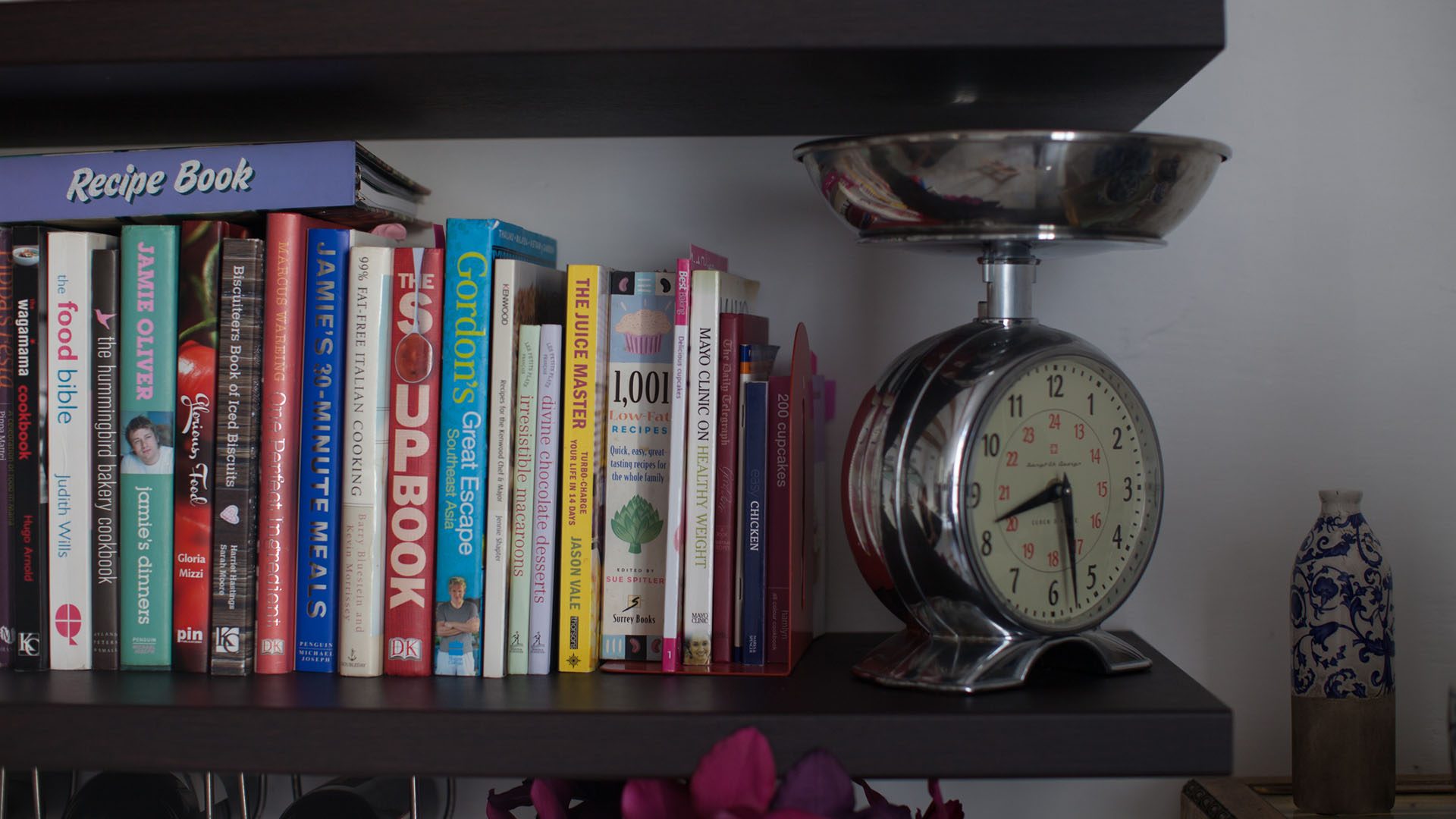
7. Deal with unread books
We’ve all got books we haven’t read, but these shouldn’t automatically go in the 'keep' pile. "Do not chastise yourself for buying these but let them go if you have any doubt that you will ever pick them up again," says Marie.
Hester suggests thinking about how many books you can realistically read: "Can you work your way through your to-read-pile quick enough, or do new books enter your home at a faster pace than you can read? And as a result, do some books always stay unread? If your to-read pile is too big, it will take a while until you get to some of the books, and by that time you might have lost interest in it."
Rosie Barron of The Spark Joy Collective agrees: "One thing I have discovered is that having too many books on my ‘to be read' pile does put me off reading. I like to keep a list of books I’d like to read and choose from that rather than feel beholden to books I’ve already bought."
8. Pass on books
Once you’ve decided which books you don’t want, you can pass them on to others. Kate suggests sending your favourites as gifts. "Slip a note on the front cover about why you enjoyed that book and pass it on to a friend. Then when you see them you can chat about it and suddenly the book becomes a means of connection instead of just words on a page."
You can also donate your old books to a local school or college, a charity such as Book Aid or Oxfam, or even your local care home.
"Books in good condition may also be accepted by your local library or when it comes to children’s books, local schools, and nurseries might well be glad of donations," says Lisa.
If you can’t shift them, you could simply leave them out the front of your home with a sign saying 'free to a good home,' she adds.
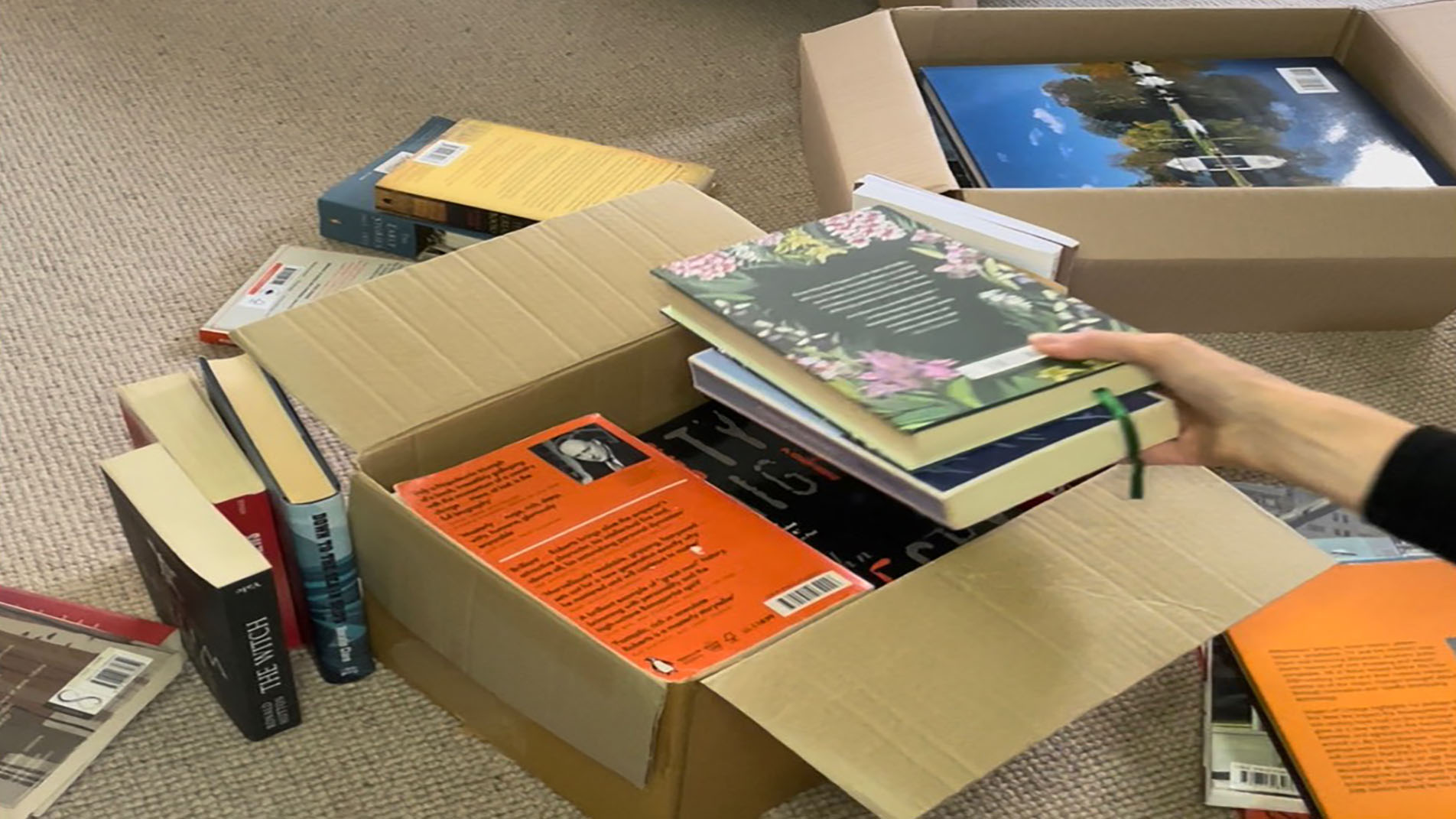
9. Sell unwanted books
You may be able to make more money than you might expect by selling your books. "There are numerous sites online that will enable you to enter the book’s barcode or scan it, you will then be given the value and you can decide if you want to sell it to that company," says Lisa.
"You’ll find some books are worth more than others, so aim for volume and it will soon mount up," says Sue. With Ziffit, once you’ve accumulated a certain amount you can package them up and choose from one of the free collection or drop-off options, she explains.
Alternatively, if you don’t mind paying postage costs, you could list them yourself on Amazon or eBay.
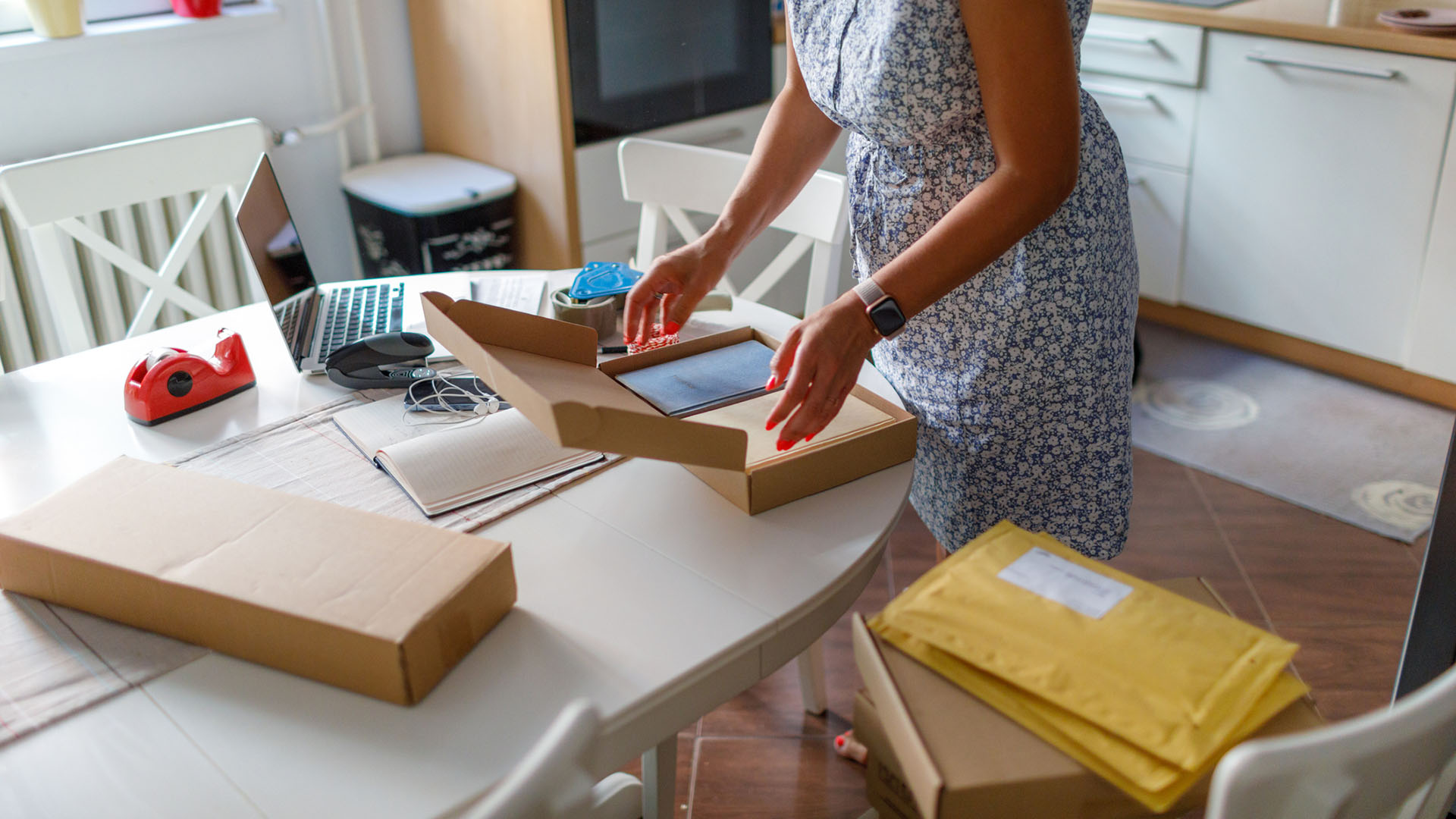
10. Go digital
Once you’ve got rid of excess books, you may find you still have too many, particularly if you have limited room and want to make sure you organise your small space properly. That’s when you might want to think about digitizing at least some of your collection.
"Having one of the best kindles, or something similar will allow you to keep hold of your books without having to take up too much room on a bookshelf," says Tor Rydder, organizing expert and founder of Organizing.TV.
This doesn’t have to mean eschewing physical copies altogether, he says, "but even moving half of your books to digital can help declutter your space". It can also mean that you’re less likely to need to declutter your books again soon.
FAQs
How do I downsize my book collection?
- Gather all your books together where you can see them, and go through them one by one.
- Decide what to keep and what to discard.
- Check whether books on a similar subject contain similar information, do you really need them all?
- From the discard pile, decide what to donate or sell. Books can also be recycled.
- "Always keep your favorites!" says Tor. Put only put the books you love and definitely want to keep back on your shelves.
- Keep a bag near your bookshelf to place unwanted books, says Marcia. "When there are five books in the bag, send them away."
- For any shabby sentimental books, perhaps from childhood, take a photo of them and throw them out. “Create a folder on your phone for sentimental items. Stick the photos in there and let the books go,” says Marie.
Shop bookcases
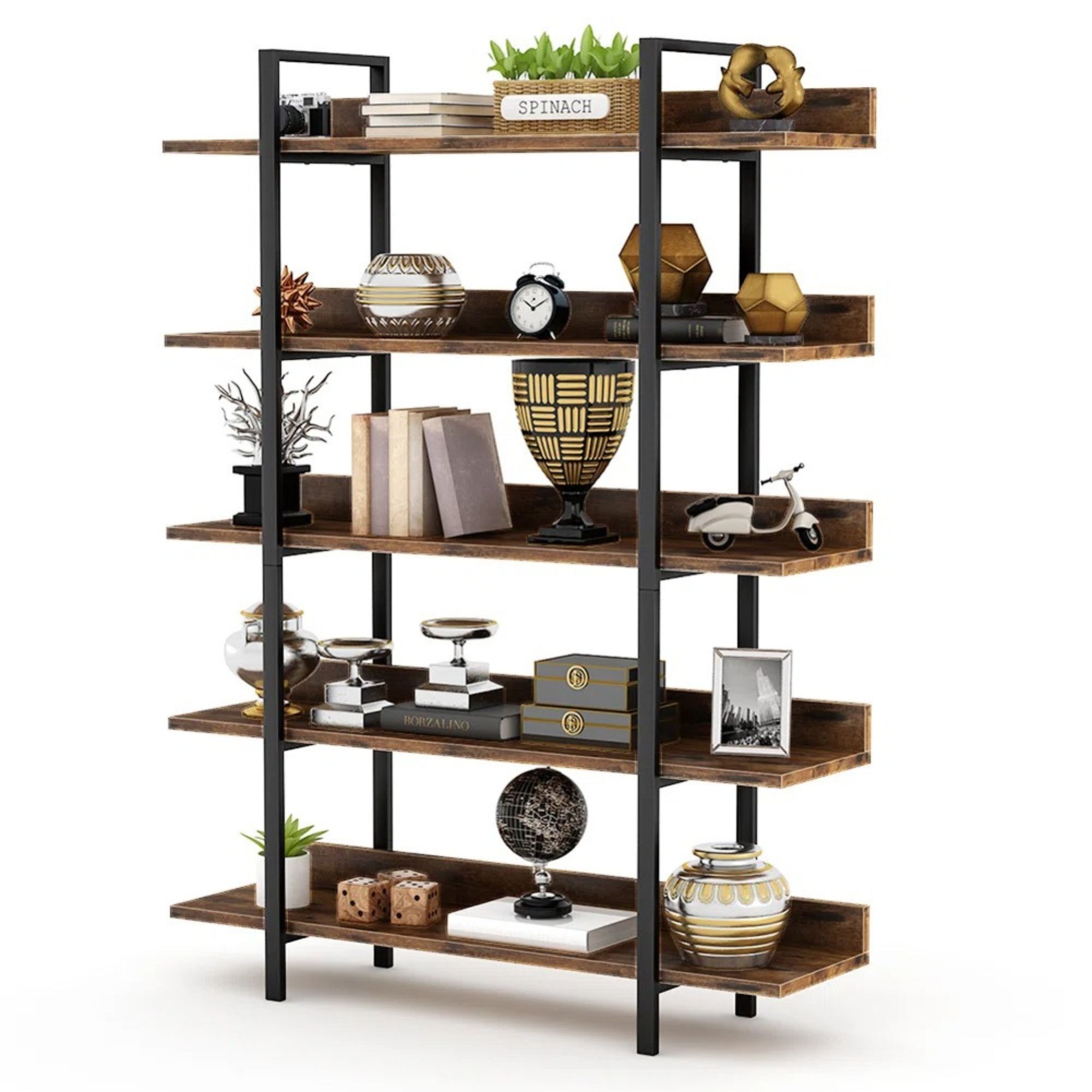
RRP: £139.99 | This book case is perfect if you're also wanting to pair your books with your favourite trinkets. You can put quite a few books on this as it's built with sturdy wood and iron.
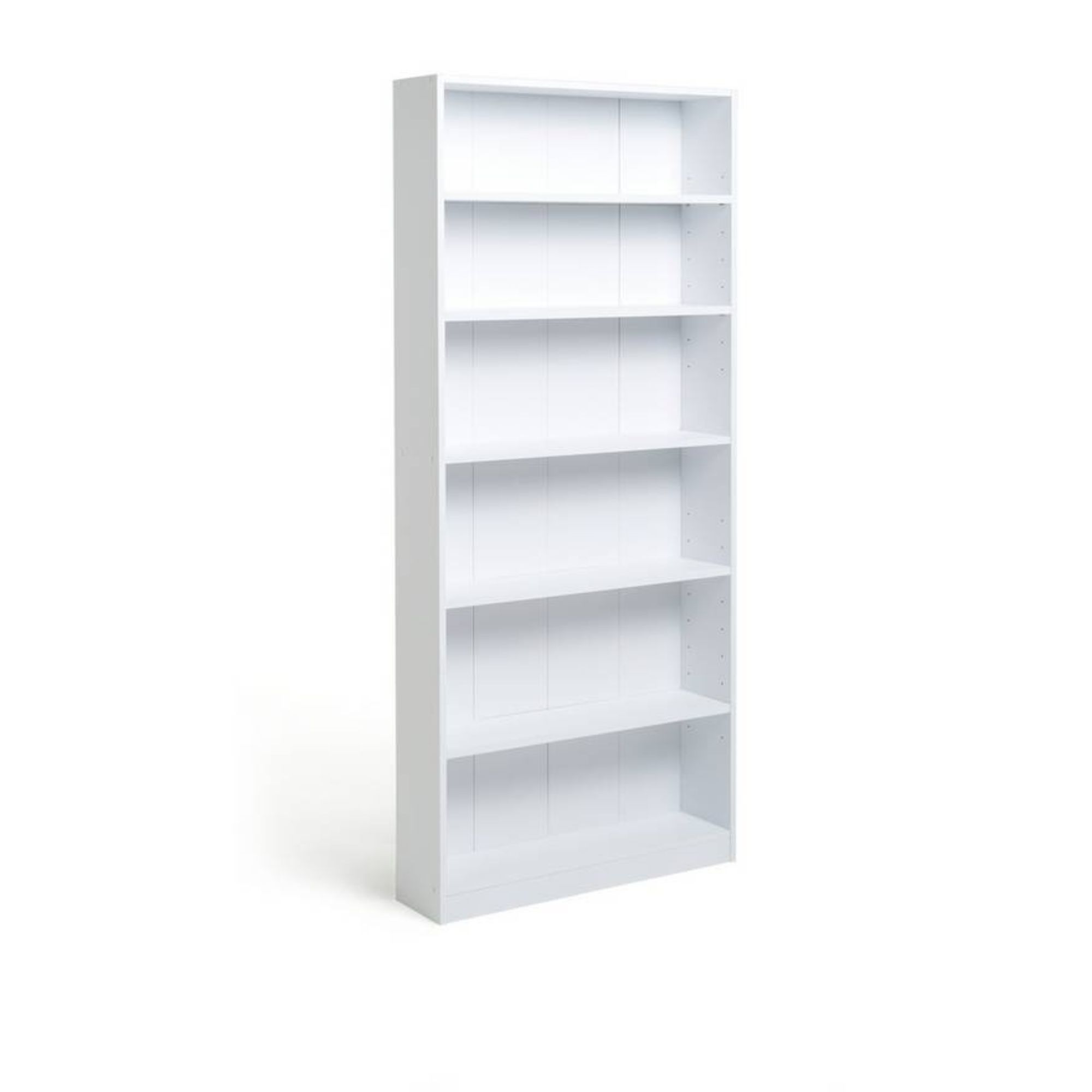
RRP: £50 | If your wanting some extra space for you book collection so it's not dotted around then these bookcases are perfect. You can get them in several colours and they look right at home in any styled space.
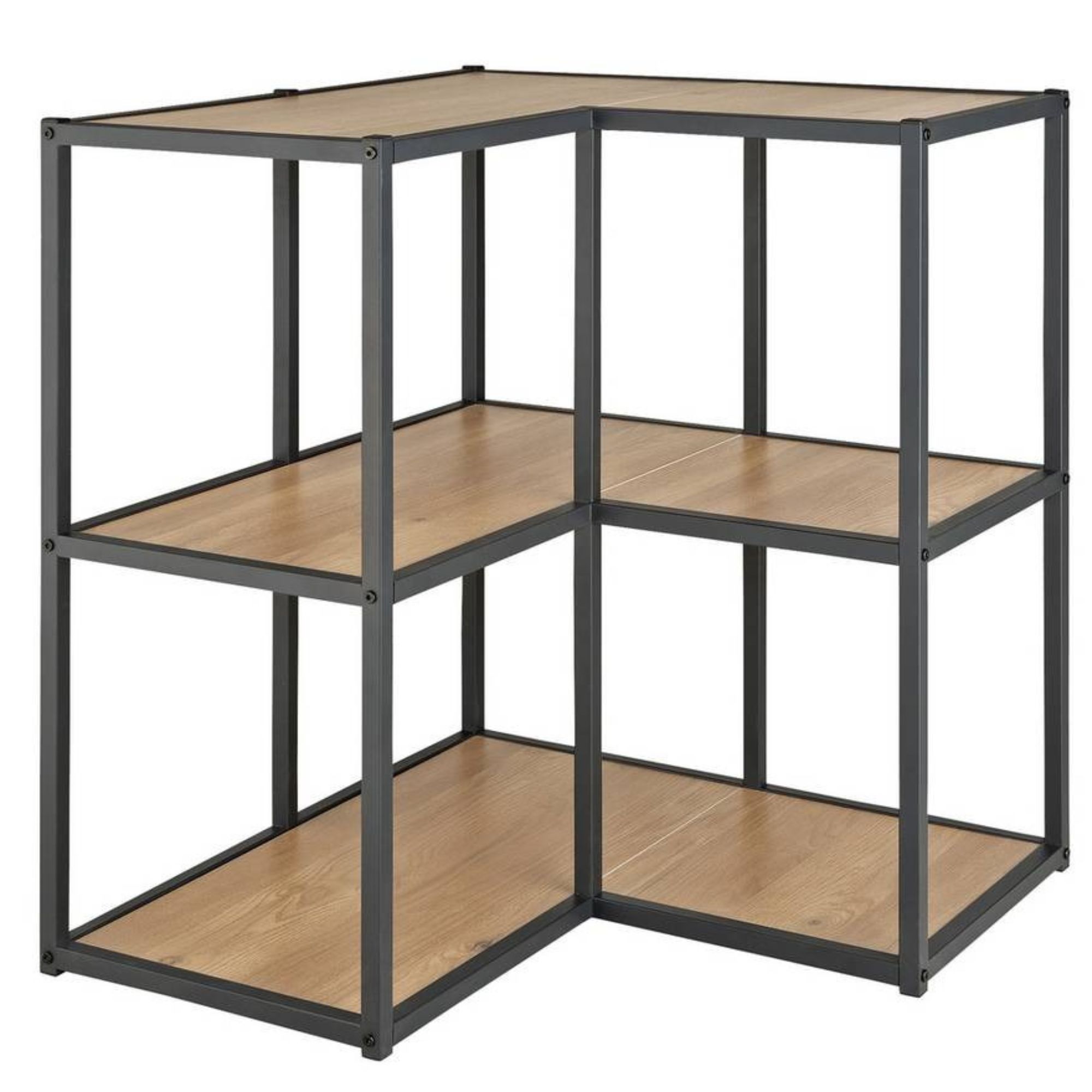
RRP: £80 | Limited on space? This unit comes in a corner-friendly shape and will easily squeeze into the corner of your bedroom or living room. It'll allow you to squeeze a fair few books on without looking too cluttered.
How do you let go of too many books?
- Go through your books and select your favorites, anything else you don’t need to keep.
- If you only use one recipe or section of a book, take a picture of it and let go of the book.
- Remember that you outgrow books as an adult, just as you did as a child, says Heidi.
- Discard any books relating to hobbies you no longer do or past interests.
- If you’re holding on to a book for sentimental reasons, it could be stored in a memory box, instead, suggests Nicki.
- “Managing your collection long term try and think one-in, one-out,” says Gillian.
- “Think about what books someone else may enjoy,” says Tor. “If you finish reading a book and think for instance “My dad would love this”, then forwarding on the exact book that you’ve read makes for a more sentimental gift than buying a brand new copy.”
- If after decluttering your books, the volume is still overwhelming for your space, consider shifting some to an e-reader and get rid of physical copies.
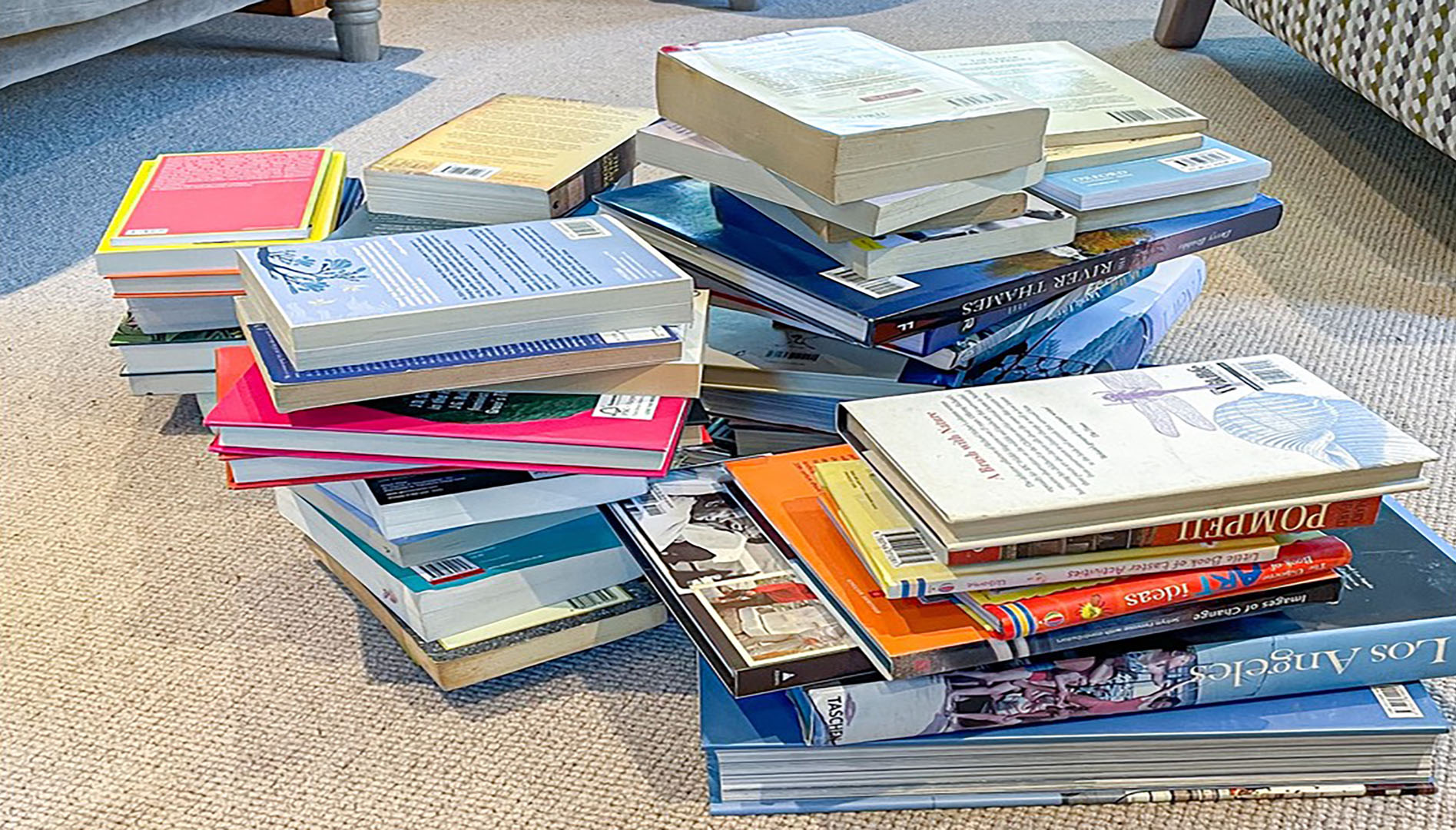
How do you know when to get rid of books?
- “It’s time to take action on your book collection when the dust is visible, books are crammed onto shelves any which way or there are piles on the floor because you are out of shelf space,” says Mimi
- If you have vertical books with books stacked on top or double-stacked books on a bookshelf, you have too many books
- Assess your storage - do you have enough space to store your book collection?
- If you are not using the book and do not plan to read it again, get rid of it
- If you haven’t read a book and don’t think you’ll ever read it, get rid of it
Should you get rid of books you haven't read?
Are you haunted by a forever-growing to-be-read pile? While you might not want to give up on it, having a stack of unread books can be more unproductive than motivating.
"It really depends but there are ways to decide what to keep quickly and guilt-free," says professional home organiser, Elizabeth Wickes.
She recommends starting by going through your books and determining whether you've owned them for over a year without reading them. If you have and are still unlikely to read them, it's time to let them go. Keeping an unread book doesn't change the fact that you're not reading it.
If yes, then put it somewhere visible, give yourself a deadline to read it within and if you still find you haven't picked it up why not pass it on to someone who will appreciate it?
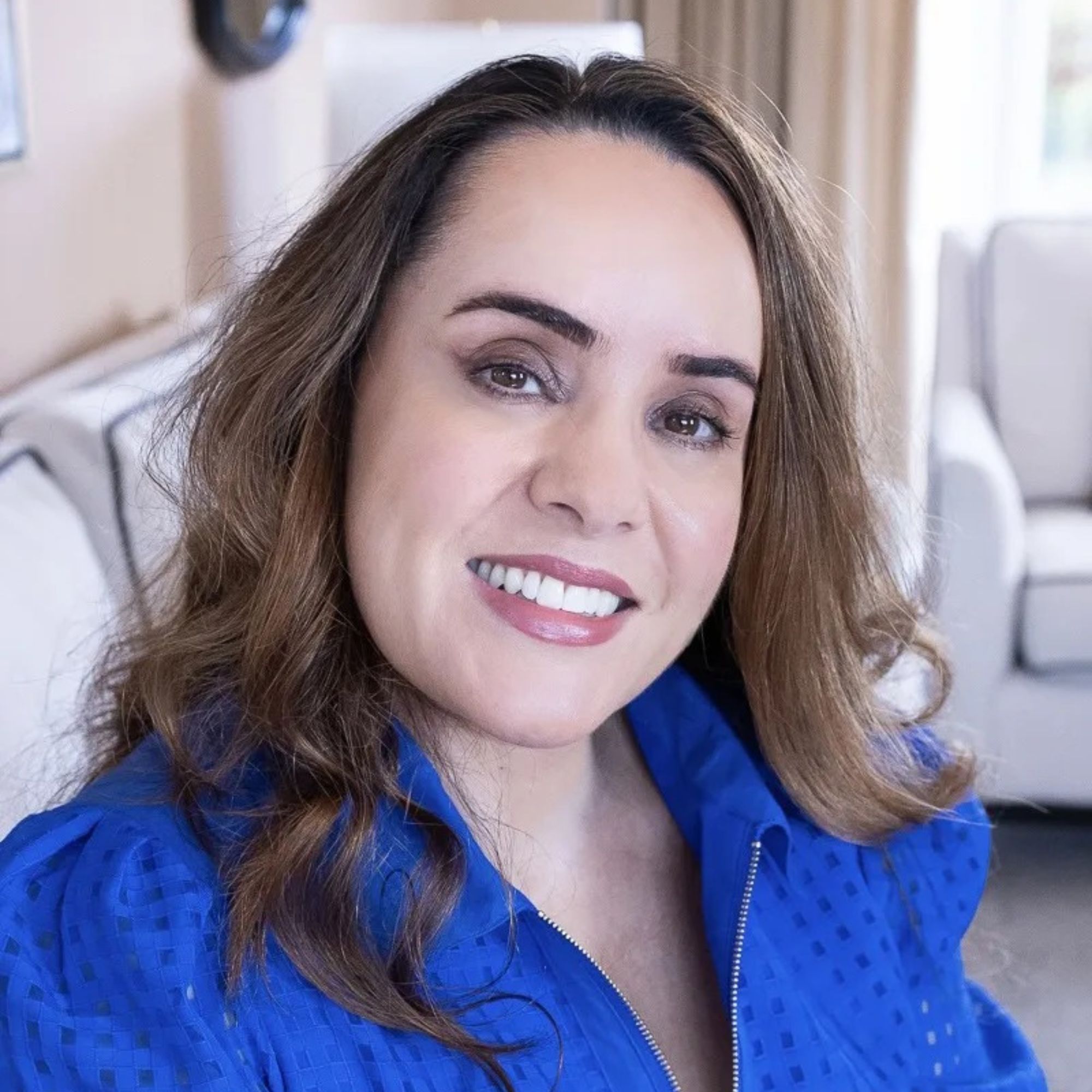
Elizabeth is an accredited Professional home organsier who works with homeowners to create more intentionally organised spaces. She aims to help people live in beautiful yet functional homes that are designed to support a clean, mentally healthy lifestyle.
If you're looking to bring more positive energy into your home this year then decluttering things like books can make a huge difference. Piling up books you no longer want, need or read can have more of an impact on you than you might realise.
Rosie is deputy editor on woman&home's sister site, Creative Bloq, which covers all things art and design. In a former life, she lived in Buenos Aires, Argentina, where she was deputy editor on Time Out Buenos Aires magazine. Reviewing hotels, restaurants and shops, she developed a love of quirky and stylish interiors.
Since moving back to the UK, she has worked for a variety of print titles, including graphic design title Computer Arts, traditional art magazine Paint & Draw, and tech mag Mac|Life, before making her way over to digital on Creative Bloq.
In her spare time, she is slowly renovating her house in Bristol, and also sings in a (very cheesy) rock and pop choir.
- Emily SmithDigital lifestyle writer
